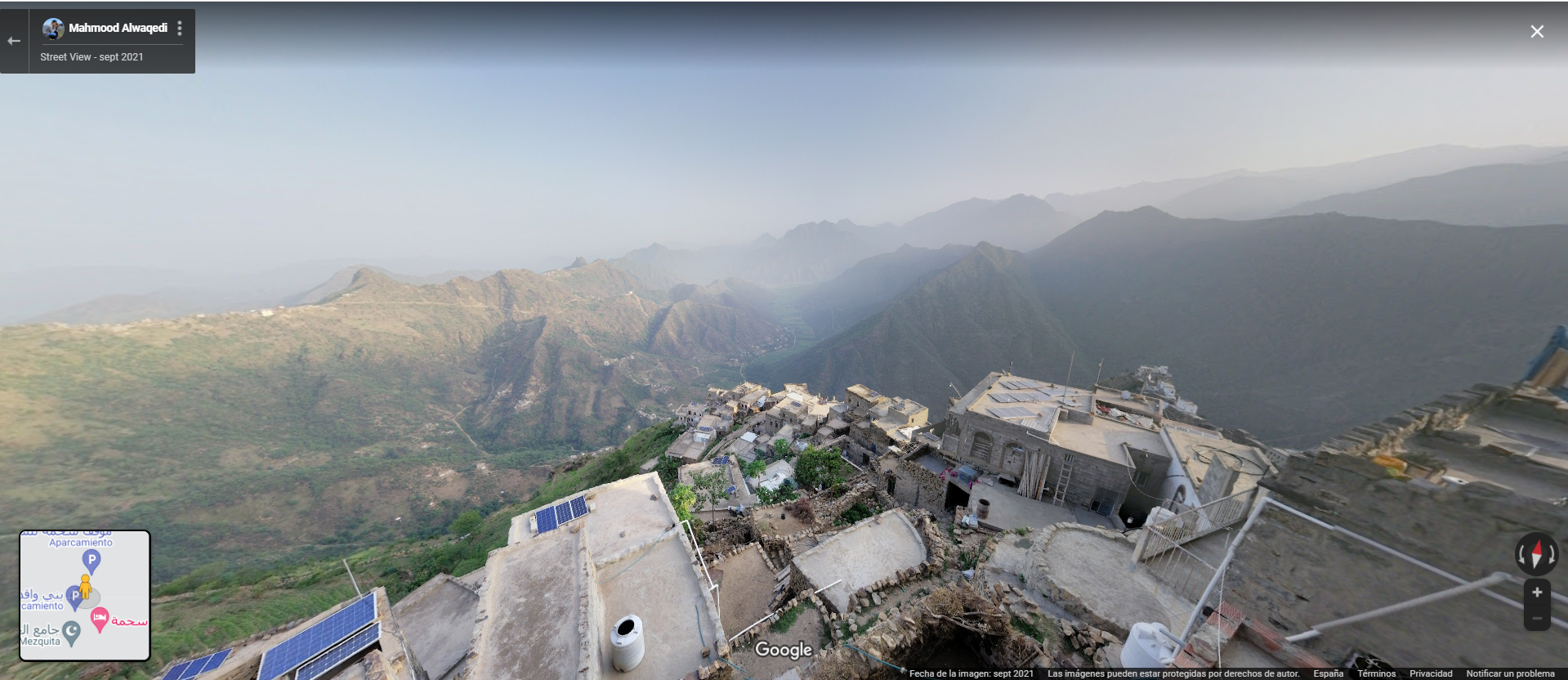February 18th, February – Shabbat is almost here
And today we will listen to Daklon on a celebration of Shabbat with a Mizrahi taste… and Chassidic end.
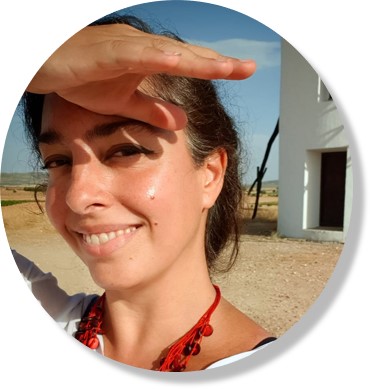 Hello, how are you? I hope well. I am extraordinarily well. The main reason is that the song I offer you today has me trapped. I’m dancing in my chair as I listen to it over and over again. The sun is shining and today is Friday.
Hello, how are you? I hope well. I am extraordinarily well. The main reason is that the song I offer you today has me trapped. I’m dancing in my chair as I listen to it over and over again. The sun is shining and today is Friday.
I hope my words find you with joy too, or at least that these two voices and this melody bring it to you.
Then, please, spread the word.
| Share this with a friend, right from here |
About Daklon
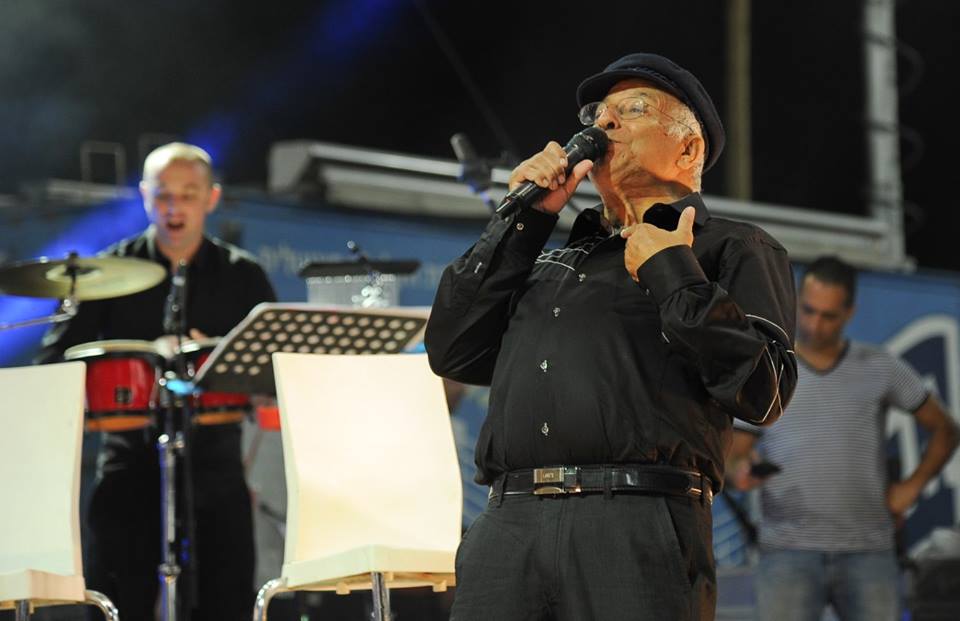
For this bio, I am using DBPedia, Academickids, Hidabroot and an interview in Haaretz. There are not many biographies, but he is alive and there are some interviews available in English.Daklon was born as Joseph Levy, in 1944, in Tel Aviv’s Kerem Hateimanim neighborhood. By the way, the neighborhood where I spent some days the last time I was in Israel… Nice memories.
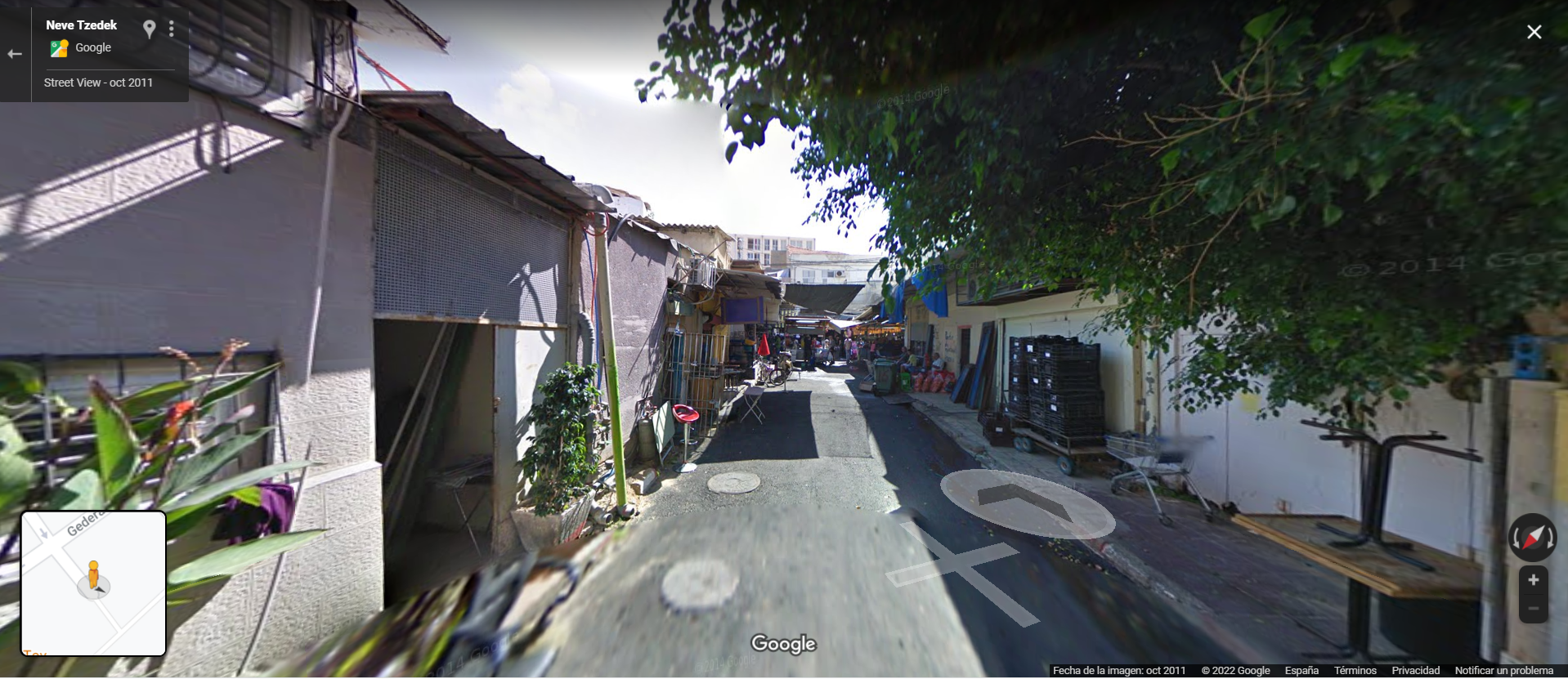
He is the son of Jewish immigrants from the Shar’ab region in Yemen.
“Daklon explains the source of his nickname: “In those days everyone in the Kerem had a nickname. Your given name was a form of identification. As a kid I was quite short and skinny, (Hebrew: דק, dak; daq), and so, they called me Daklon.” He started his musical career as an 11-year-old when his teacher sent him to do a piece for a religious music radio show.”. DBpedia
Each time I search for pictures of Yemen I find so much beauty that it hurts the idea that I might never be there.
“Daklon’s talent for singing was discovered when he was an adolescent, in the mid-1950s. Sa’adya Damari of Israel Radio, the brother of veteran singer Shoshana Damari, came to the Talmud Torah school for Yemenites in Tel Aviv to look for young talent. “He took me and two other pupils,” Daklon recalls. “We used to record on Wednesdays and on Fridays we would hear ourselves on the radio. I felt like a superstar.”” From the interview in Haaretz.
“Daklon was first inspired to take his music more seriously by Moroccan-born singer Joe Amar at the end of the 1950s. “Joe Amar started singing all those eastern songs but it didn’t catch on so he left Israel,” he explains. Daklon says he stepped into the breach. “In the Sixties we took Greek and Indian songs which were very popular here then and put Hebrew words to them. I, as a Yemenite, took over from the Greeks,” he muses.“ From AcademicKids. This information is also included in Wikipedia, without citation, so I am not sure if this about Jo Amar is true. But you listen to the Greek influence on some of his recordings.
Since de 1960s he performed with Haim Moshe and Avihu Medina (learn more about him, at the bottom).
The group Tszliley Hakerem or “Sounds of the Vineyard” started in the early-mid 1970s by Daklon and Moshe Ben Mosh. According to Discogs, “This group pioneered in a popular fusion of Greek, Yemenite, and Hebrew music which paved the way for the growth of “Mizrahi” (Eastern) music. After the breakup of the group in the early 1980s, Daklon went on to have a successful solo career, while Moshe Ben Mosh started a record production company and worked as producer, arranger, and studio guitarist of a number of Mizrahi artists in the 1980s, including most notably Haim Moshe.”
The interview in Haaretz in 2011, reviews some more aspects of his life, such as his popularity in the 1970s: “In the 1970s, in our neighborhood, there wasn’t a house that didn’t have a Daklon cassette. Not one,” says the brother-in-law. “Did you know that?”. And he says: “In bygone days, I didn’t make much money from records. The livelihood always came from performances. There was a time when one did make something from records. Today – nothing. A catastrophe. You invest and invest – and don’t make money. The story is over.“
The interview explains that at that time, 2011, Daklon was making a living from performing at family and charitable events. During the 2000s he has recorded and sung mainly religious songs. He is not willing of doing big events: “The truth is I got somewhat tired. Diabetes weakens me, too. [He’s had it for 15 years – B.S.] In order to appear in a big hall I really have to get a hold of myself. So I work with welfare organizations. I come, sing a few songs, short performances of 20 to 30 minutes. My son says: Let’s sell tickets, there is a club in the Tel Aviv Port.” I say: “We’ll think about it.’ You have to be in shape, with a good throat and today I cannot guarantee that.”
Still, I have found some performances done after this interview, with Sagiv Cohen. For instance, this one of 2016.
About the piece
Daklon recorded this piece with Tszliley Hakerem. It is included in the album Dakmush of 1981. You can listen to that version here. It is as wonderful as the most recent one and the guitarrists in both of them are outstanding. In the version of 1981 he may be Moshe Ben-Mosh, who is a guitarrist but I don’t know who is the one in the more new one.
The version we have below is included in the album סוגרים מעגל (Sogrim Maagal, meaning “Closing a Circle”) Vol. 1, by Daklon and Haim Moshe, released in 2000. Different sources mention 2004 but Discogs, that is usually very accurated, mentions 2000. And they also say that the compositor of the music and the lyrics is אביהו מדינה (Avihu Medina).
The part before the change to the klezmer melody, sounds to me very similar to Kızım seni Ali’ye vereyim mi (Turkish) or Hija mía te kero dar (Sephardic version). The second part sounds like a Hassidic nigun.
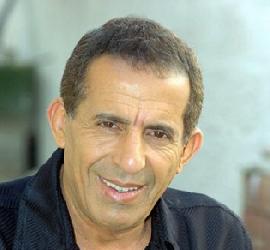
The lyrics are about the coming of Shabbat.
The portrait of Avihu Medina is from the outstanding website of The National Library of Israel.
About the composer, Avihu Medina
About him, this website says that:
“Medina began writing songs in the early 1970s […]. Over the years Avihu Medina has written for the foremost Israeli performers, among them Zohar Argov, Uri Shevach, Ofra Haza, Shimi Tavori and others. […] As a writer and performer, Medina has brought Mediterranean/Oriental music to center stage in Israeli culture and it is now thoroughly entrenched in the media, social discourse and folk dancing circles. Thanks to Medina and other artists like him who have been active since the 1970s, what was once considered “Oriental” music has taken its rightful place as “Israeli” music.”
He is a singer himself and there are many recordings on Youtube. For instance, this one. According to Encyclopaedia Judaica, by Fred Skolnik, “In 1991 Avihu began singing his own songs. In 1994 Omanut La-‘am awarded him the “Sylver Cylinder”, which is the crowning prize for the most popular artist. In 1995 he received the Writers and Composers Prize for lifetime achievements in the field of light music.” I will have to come back to Medina in a future edition, as there is much more to say about him.
| Share this with a friend, right from here |
It’s time to enjoy the music!
Click the picture to listen to Friday Has Arrived by Daklon and Haim Moshe:

